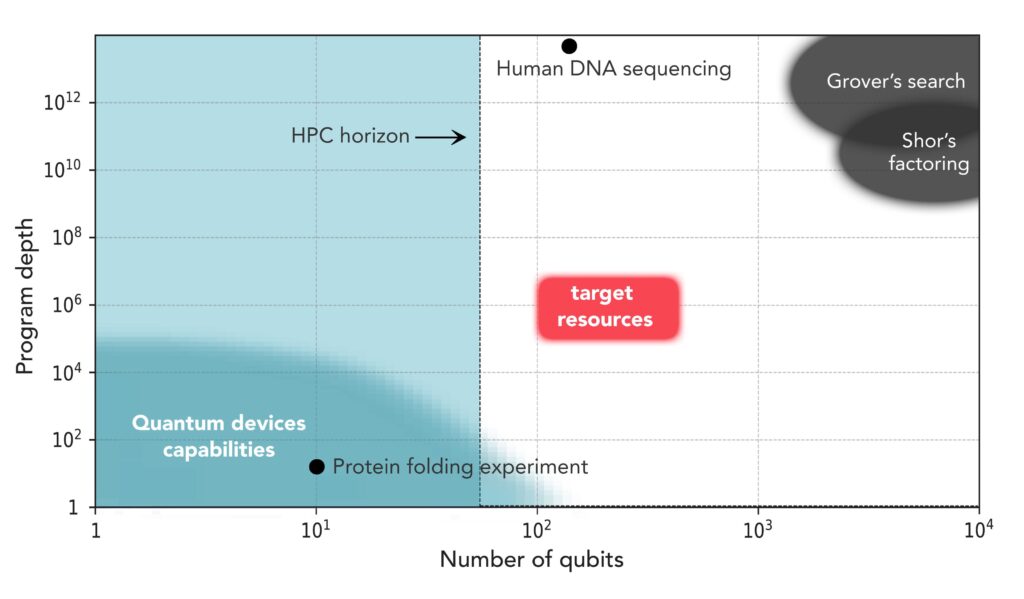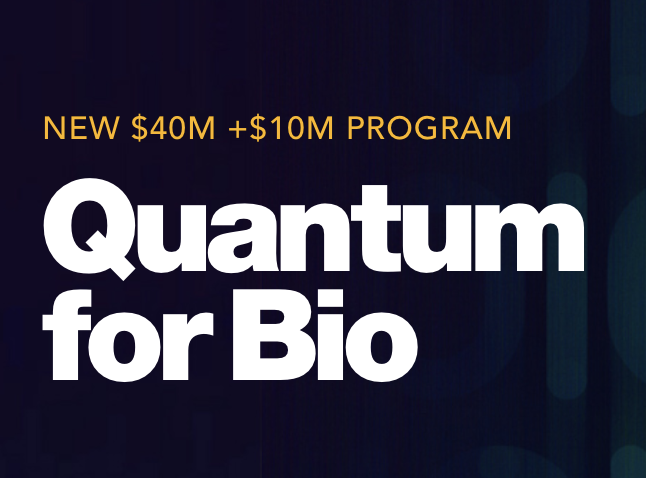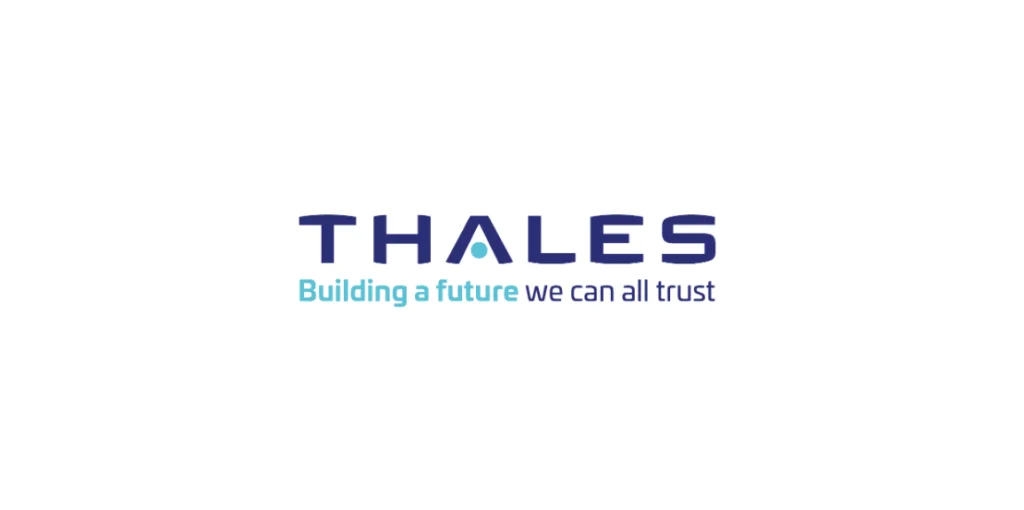The Wellcome Leap announced its Quantum for Bio program, focused on accelerating the application of quantum computing in the field of health and addressing pressing health challenges.
Wellcome Leap’s Supported Challenge Program in Quantum for Bio aims to identify, develop and demonstrate biology and healthcare applications that will benefit from quantum computers expected to emerge in the next 3-5 years. Wellcome Leap uses bold, unconventional programs to accelerate discovery and innovation for the benefit of human health
The program will award up to $40 million in research funding to multidisciplinary, multiorganizational teams and up to $10 million in challenge prizes for successful proof-of-concept demonstrations on quantum devices with a clear path to scaling to large quantum computers. The program is focused on the development of algorithms that will be realizable on quantum computers expected to emerge in the next 3-5 years, estimated to be able to execute programs with 100 to 200 qubits and depths of O(105-107), which are referred to as the target resources.
Quantum and Life Sciences: The New Frontier

Quantum computing exploits the unique properties of quantum systems to enable solutions to problems that are not practical using classical computers. Quantum algorithms offer exponential or polynomial speed-up compared to their classical counterparts and require quantum computers at scales not realized to date.
Scaling quantum computers is a considerable technological challenge due to their inherent sensitivity to outside perturbations. Today’s quantum computers remain limited in size and computational power, which limits their practical application. However, one promising area where quantum computing could deliver near-term practical advantage is in human health applications, where biological data can be represented more efficiently on a quantum computer compared to a classical computer.
The generation of genomic data and 3D protein structure prediction involves large and expanding data sets, requiring statistical and machine learning methods for data mining to make predictions relevant to research and clinical work. Quantum machine learning algorithms promise to outperform their classical counterparts and enable handling larger data sets.
Three Stages
The Wellcome Leap Quantum for Bio Supported Challenge Program has three phases.
According to the contest’s web page, Phase 1 is focused on quantum algorithm development, where up to 12 cross-disciplinary teams with expertise in human health and quantum algorithm development will be selected for funding. The focus is on developing quantum algorithms that fit within the target resources box, and a maximum of $1.5M in funding will be awarded for each team selected.

Phase 2 is focused on large-scale simulations of the developed algorithms using classical high-performance computing (HPC). Teams will be awarded a maximum of $500K for HPC expenses and up to $250K for other related technical and programmatic execution expenses. To successfully complete Phase 2, teams will perform a classical HPC simulation of their quantum algorithm for 30 to 40 qubits and compare the results to the ones obtained by the standard classical approach.
Phase 3 is focused on implementing the developed algorithmic solutions on quantum computing devices. A maximum of $2M in funding will be awarded to the fully integrated teams, and the technical deliverables will be evaluated and tracked by the Wellcome Leap Quantum for Bio internal team. The final evaluation will be conducted by an integrated team consisting of the internal technical team and 4 or more external subject matter experts in healthcare and quantum computing.
Eligibility
Eligible performers are from universities and research institutions: small, medium and large companies (including venture-backed); as well as government or non-profit research organizations. We encourage individuals, research labs, companies, or small teams to apply in program areas best aligned with their expertise and capabilities.
Wellcome Leap accepts project proposals from any legal entity, based in any legal jurisdiction, including academic, non-profit, for-profit, and regulatory/professional organizations. Applicants are encouraged to contact Wellcome Leap about joining its Health Breakthrough Network by executing its MARFA (or CORFA for commercial entities) agreement. Full execution of the Wellcome Leap MARFA is not required for application submission but is required for any award.
Read more at Wellcome’s Quantum For Bio website.
If you found this article to be informative, you can explore more current quantum news here, exclusives, interviews, and podcasts.















